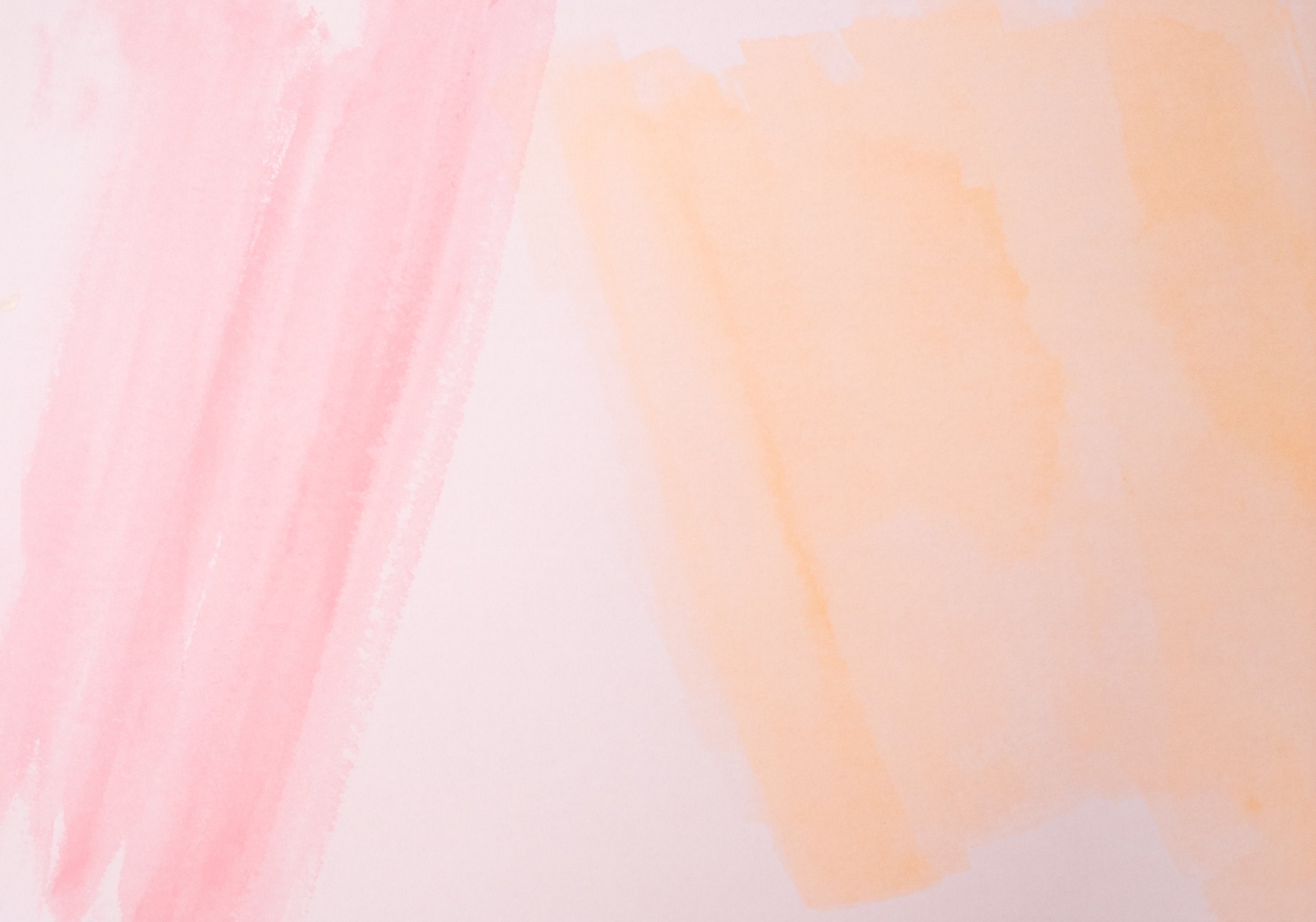
About the European Patent Attorney profession
INTERVIEW
Katerina Hartvichova
Country: Czech Republic
Company size: 1-10
Experience: 10+ years
Type of work: Private practice
How did you learn about the Patent Attorney profession and what inspired you to become a (European) Patent Attorney?
In my case, I never aimed for this specific job, for the simple reason that I did not know it existed :-)
I was running away from science, and the Patent Attorney trainee job was the first offer that came my way and that ticked all my boxes (interesting work, use of foreign languages, use of my chemistry background).
Most people know that Patent Attorneys help clients obtain a patent. However, what other tasks are you responsible for?
In a small private practice, I have a lot of direct contact with inventors, but also with their managers, people from start-ups and investors. A very important part of the Patent Attorney job, when dealing with a less experienced client, is to explore what is their motivation for filing for a patent, and together with them to understand whether and how the patent would help their business and bring them what they need. There is usually a lot of challenging to do – I challenge their motivations, then I challenge their invention. This often changes the shape of what we draft an application for later on.
A Patent Attorney in my view is partially a sparing partner in the technical issues, a guide in patent law, a devil’s advocate in business needs, as well as a translator and a redactor.
My further tasks involve also management and organizational tasks, as I am one of the two founding partners of our company. Luckily for the company, the other partner, Ingrid, is a much better manager than I am!
What does the team structure at your workplace look like?
As a small company, we can afford to have very little hierarchy. So the structure is more horizontal than vertical. We are two Patent Attorneys, two trademark attorneys, three paralegals and a cooperating search specialist. (And we are looking for a Patent Attorney trainee :-D, but one of our requirements is the knowledge of Czech language.)
What does your average workday look like?
Every day is different! It is difficult to describe an average work because it is very varied. But typical tasks include:
communication with clients, answering ad hoc questions.
discussing business strategies of clients vs. patenting.
drafting applications, and discussing with the inventors and challenging them :-).
replying to office actions, discussing with the inventors, as well as business people to find out what they need.
FTO work – making sure our clients do not infringe, or warning them that they could infringe somebody else’s patents.
assisting in technology transfer negotiations.
rarely – advising on oppositions, drafting oppositions.
small managerial tasks.
What would a dream workday as a (European) Patent Attorney look like for you?
I do not think it can get any better than it is. I love the variety.
What is the most exciting aspect of being a (European) Patent Attorney for you?
The variety of tasks, and most of all, the variety of topics I encounter! I love learning new things!
What are your least favourite tasks?
Administrative and managerial tasks.
Does your job allow you to have time for your hobbies? Do you have any side projects related to patents?
I do not have any big hobbies currently. But I have enough time for walking the dog, gardening, and some reading :-)
My side projects related to patents are mostly concerned with education. I am a part of the group of PracticeEQE and EQElibrium tutors. Lately, however, I did not have time for these projects, as I was involved with the exciting developments in e:EQE!
If you could start your career over, would you change anything?
I do not like ‘If’s. Things have developed as they have.
If the Patent Attorney profession suddenly disappeared tomorrow, what else would you do?
Organization of rallyes and dog shows (my summer jobs during my studies :-D). Translations. Promotion of science. Dogwalking.
What advice would you give someone that wants to become a European Patent Attorney?
The beginnings may be hard, but it is worth it! Be ready to learn a lot, and be ready to continue learning all your life.
What do you think about the future outlook of our profession?
The last part of the job which can be replaced by computers are the most creative tasks. Therefore, I expect that we will have more and more time for the best part of our job.

